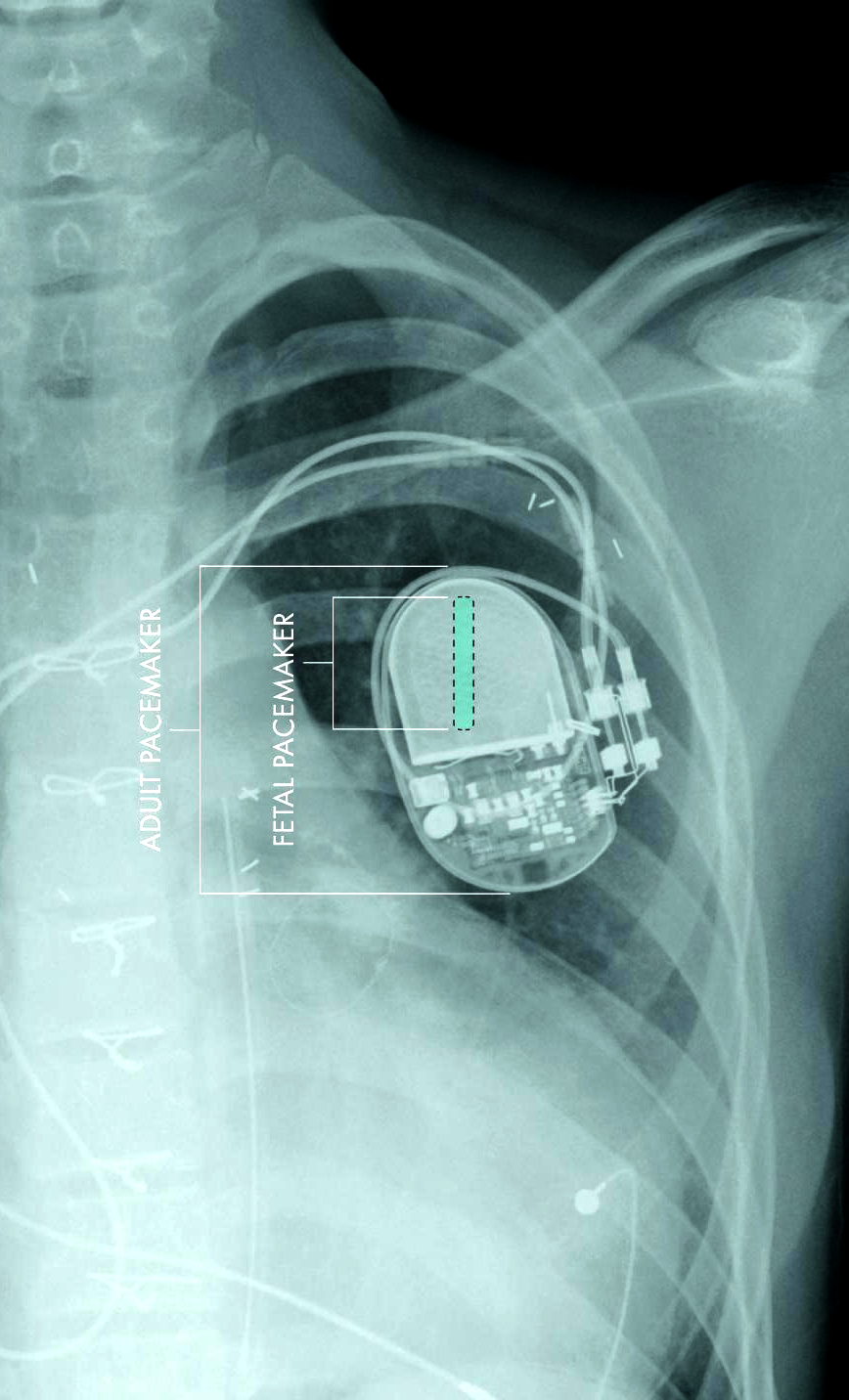New device means better start for tiny hearts
 Biomedical engineers have developed the first fully implantable micro-pacemaker designed for use in a foetus.
Biomedical engineers have developed the first fully implantable micro-pacemaker designed for use in a foetus.
A team in the US has completed preclinical testing and optimisation of the tiny new pacemaker, designed to help unborn babies with complete heart block.
The researchers anticipate the first human use of the device in the near future.
Congenital heart block is a defect of the heart's electrical system that originates in the developing foetus.
It significantly slows the rate of the heart and impacts its ability to pump blood.
Although the condition can be diagnosed in utero, all attempts to treat the condition with a standard pacemaker have failed.
“We now have a pacemaker that can be implanted in utero, potentially without harm to the foetus or the [mother],” said researcher Dr Ramen Chmait.
“This novel device provides a real opportunity to prevent miscarriage and premature birth in babies affected with these abnormalities.”
“Building on our experience of using microfabrication techniques to create biomedical devices, we have developed a micro-pacemaker small enough to reside entirely within the foetus... This will allow the foetus to move freely without risk of dislodging the electrodes,” fellow research Dr Gerald Loeb said.
The most recent results have been published in the journal HeartRhythm.








 Print
Print